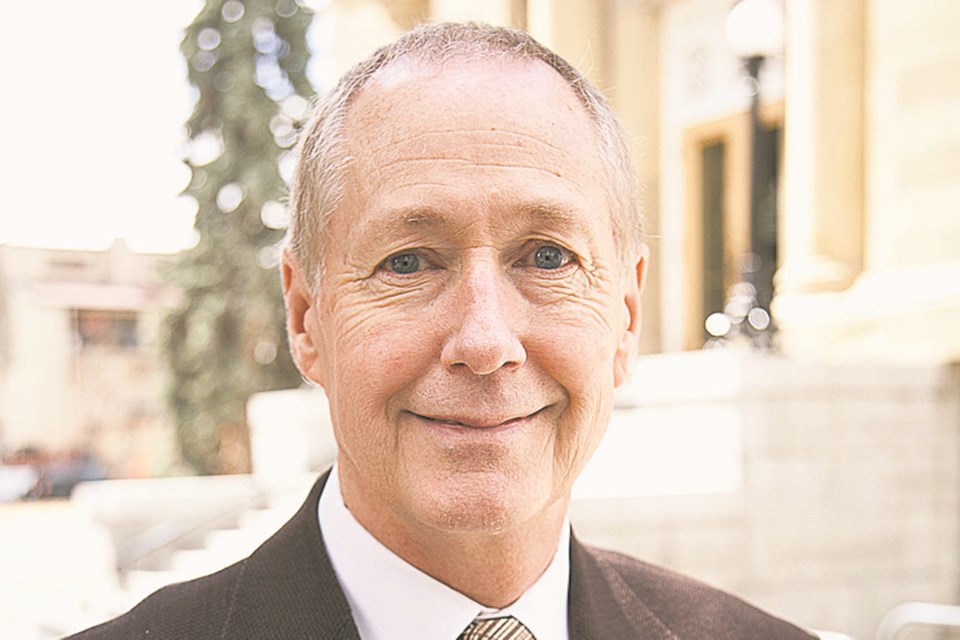Who controls the past, controls the future: who controls the present, controls the past.
No, this isn’t a refresher course on the thoughts of Winston Smith, the doomed hero who toiled as a Ministry of Truth editor in George Orwell’s infamous novel, 1984.
It’s actually a reasonable description of the current working environment within today’s national archives, a federal organization charged with documenting the heritage and history of Canada.
You see, some items within those collected archives of our past are suddenly not deemed presentable for future generations, such as a linked site about this country’s prime ministers that, hardly unexpectedly, included the very first, Sir John A Macdonald.
So poof, it’s gone; replaced with a bizarre message that the content is now deemed outdated and redundant. How history can suddenly become redundant is a question that boggles the mind.
This of course is part of the whole cancel culture sweeping the nation and that’s been supercharged with the discovery of various unmarked graves at former residential schools sites, which Macdonald’s government helped introduce in 1883 in a bid to assimilate Indigenous children.
Perhaps adding to the historical record and including information formerly omitted would seem a better way to proceed. But no, that’s too nuanced. Easier instead to simply to drop Canada’s founding prime minister into a historical dustbin and quickly close the lid, like spoiled meat past its due date.
This therefore prevents future Canadians from making their own opinions as to Macdonald’s standing. Instead their various minds have been made up for them. The future has therefore been very neatly controlled, something the doomed Winston Smith would have understood only too well.
But the similarities to that dystopian novel don’t end with the shenanigans at the national archives. Heck, that’s just the thin edge of the Big Brother wedge.
Because we have our own made-in-Canada legislation in the works that bears more than passing resemblance to 1984’s infamous offence of Thoughtcrime.
It’s listed as Bill C-36 and is the Liberals attempt to tackle online hate by amending the Criminal Code.
Now that sounds the sort of legislation that every right-minded Canadian would whole-heartedly support. In fact anyone who raises the barest murmur of dissent risks being immediately ostracized as some type of neo-Nazi.
Except what this law proposes is an assault on the very basis of individual freedom to the extent that what someone believes you might do or say is cause enough for police action.
In the wording of the proposed statute anyone would be able to take you to court if they fear you might commit: “an offence motivated by bias, prejudice or hate based on race, national or ethnic origin, language, colour, religion, sex, age, mental or physical disability, sexual orientation, gender identity or expression, or any other similar factor.
Let that sink in. You don’t have to do anything or say anything but if someone thinks you might then you can get hauled up before a judge.
How in heaven do you defend against such an accusation? What someone thinks you might think could therefore become reasonable grounds for prosecution. That’s taking Thoughtcrime to regions even Orwell never imagined.
The only saving grace is the opposition Tories believe Bill-36 is another example of the Trudeau government virtue signaling and that, with a federal election in the offing, the proposed legislation will be allowed to die on the order paper after having done what was intended in showing the Grits as sufficiently woke.
Let’s hope so. Because if we start passing such laws, even with the best of intentions, then we’ll eventually discover that’s exactly what the road to hell is paved with.
Chris Nelson is a syndicated columnist.

